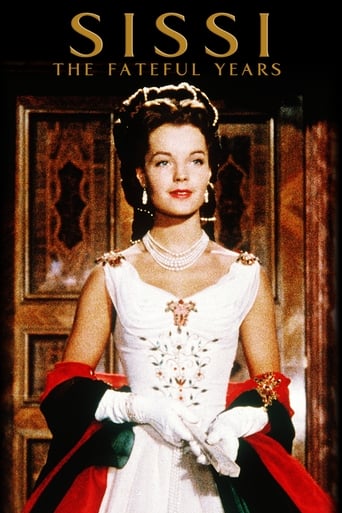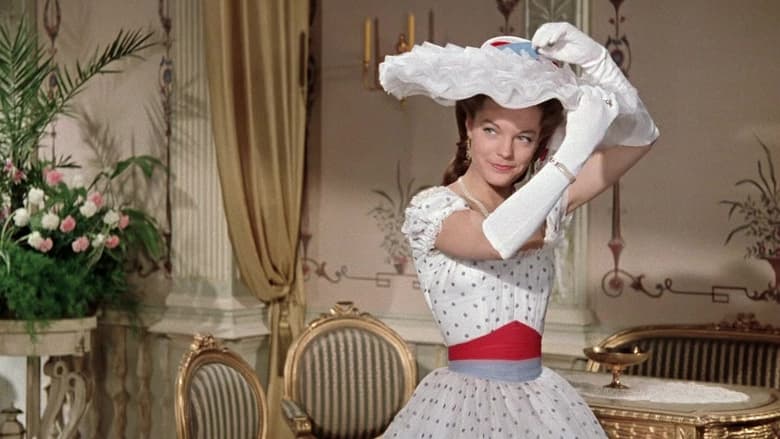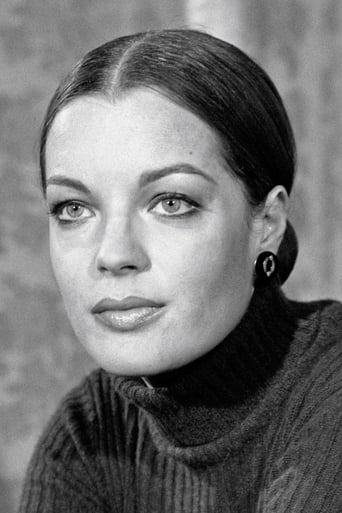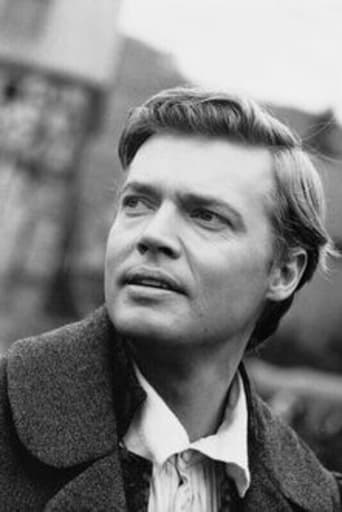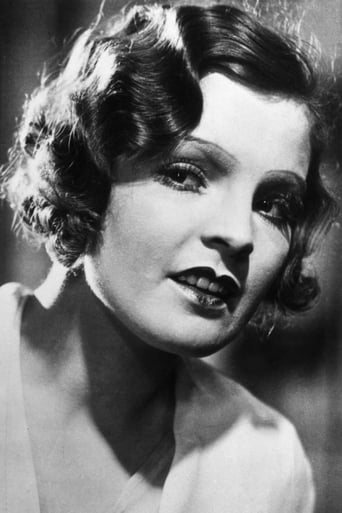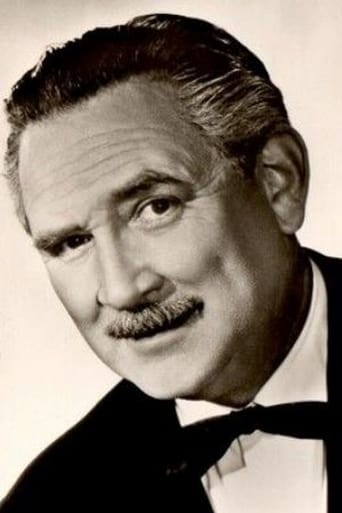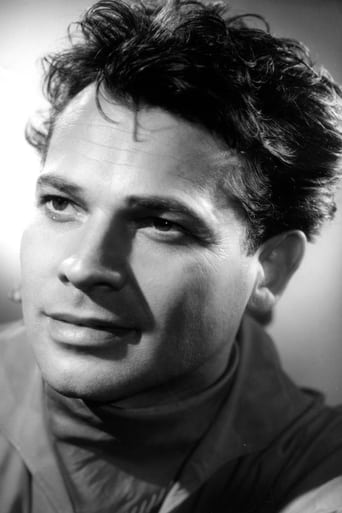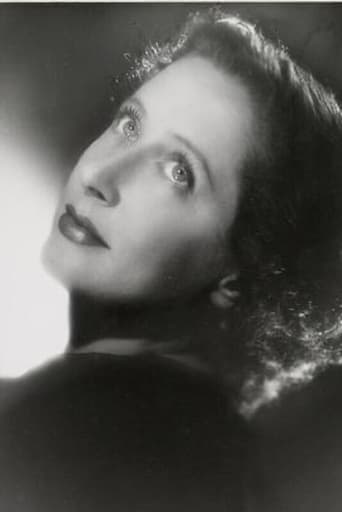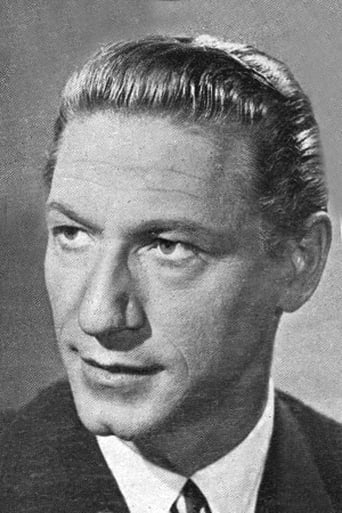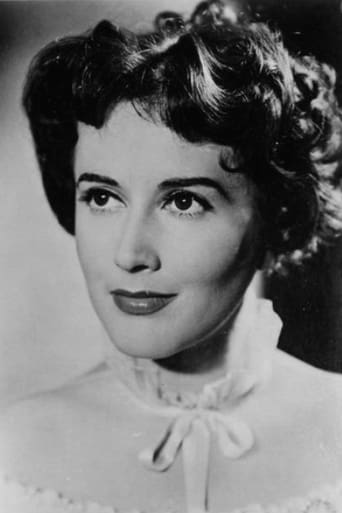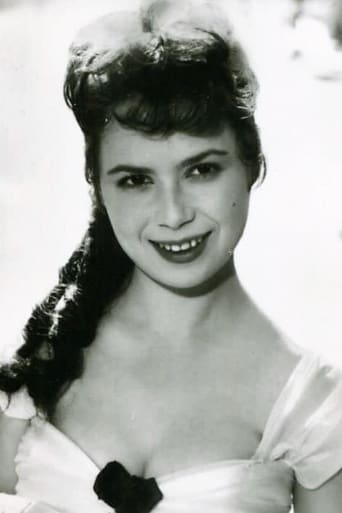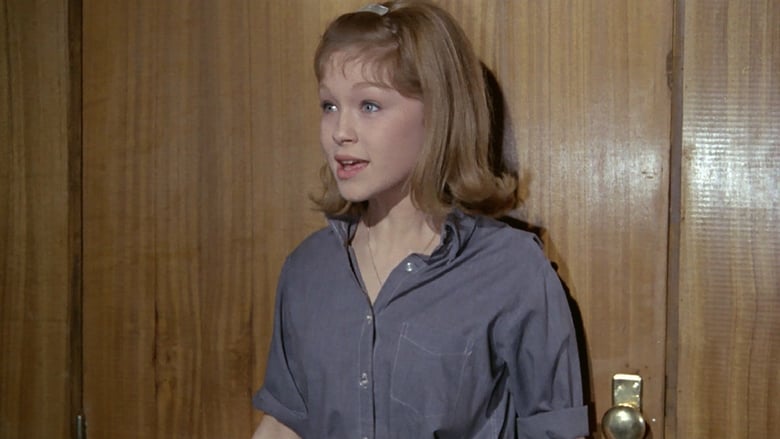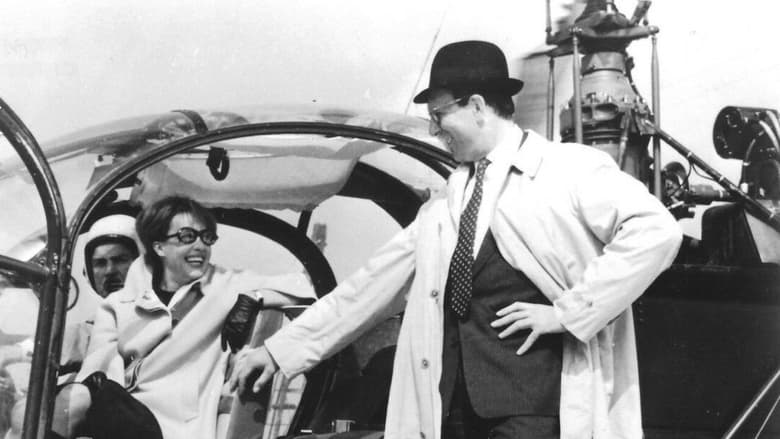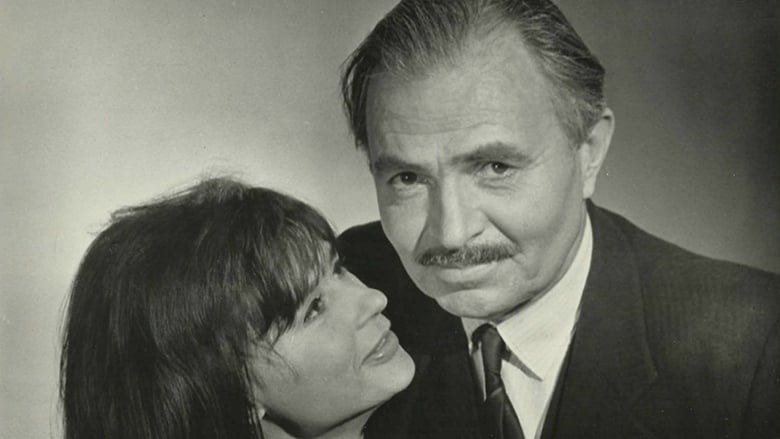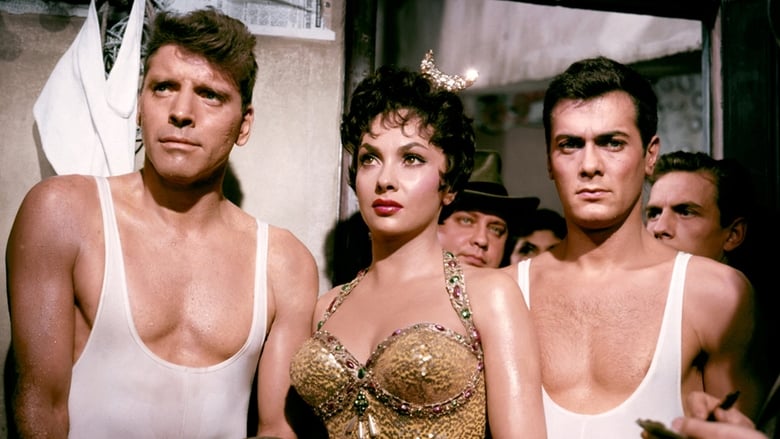After a wonderful time in Hungary Sissi falls extremely ill and must retreat to a Mediterranean climate to rest. The young empress’ mother takes her from Austria to recover in Madeira.


Similar titles

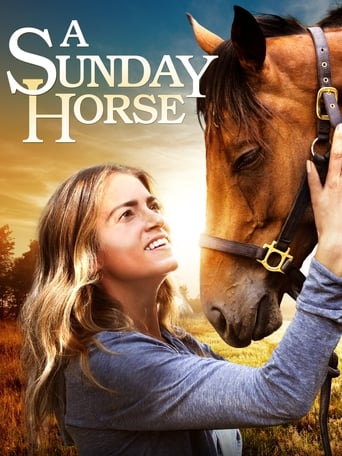


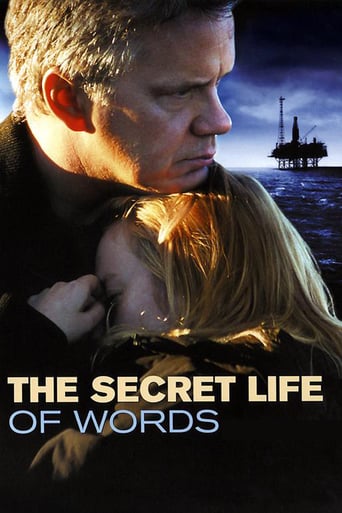
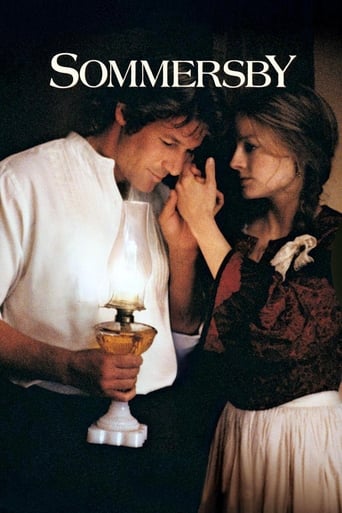
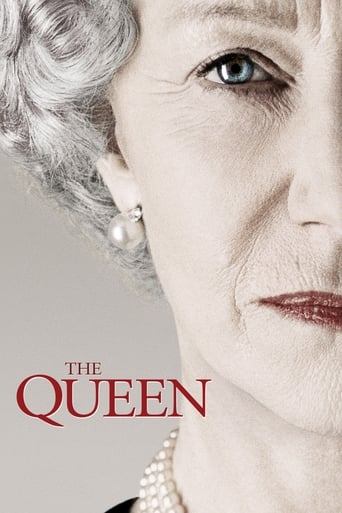
Reviews
"Sissi - Schicksalsjahre einer Kaiserin" or "Sissi: The Fateful Years of an Empress" is the third and final film from the Sissi trilogy starring Romy Schneider, her mother Magda and Karlheinz Böhm. I watched all 3 films and I must say it should have ended already after the first, or even never have made. It may be an aesthetically pleasing watch most of the time, because costumes, cinematography and art direction are okay, but it's all very pretentious and style over substance. I have no idea why 2 of these 3 films were nominated at the prestigious Cannes Film Festival. Anyway, back to this one here. The writer and director is Oscar nominee Ernst Marischka once again. The film runs for 108 minutes roughly, a couple minutes longer than films 1 and 2. And with all the emotional pain, they included previously, especially in films 2, this one is mostly about actual physical pain for Sissi. It's all tear-jerk stuff, but never feels authentic and her complete recovery out of nowhere is as ridiculous as the constant comments about how she is possibly going to die while she wanders around carelessly in the castle as usual and doesn't even look sick. The same antagonist (the evil mother-in-law) adds nothing new and Böhm's character apparently being totally dependent on his wife's health don't help either in making this a credible tale.Other than this crucial plot point, it is also about Sissi being courted by Graf Andrassy. In reality, there are rumors about the two having a long-lasting affair, maybe him even being the father of one of her children, but in here she blows him off instantly. I really hate it when characters are depicted perfect in terms of character and behavior and it was pretty cringeworthy most of the time. Apart from that, this elaboration (and also many other scenes) make obvious that this cannot be taken seriously as a historic film. Another cringeworthy scene was when Sissi tells her mother that she did not ask her to come because of the long distance and the stressful journey for her mother when she herself was apparently very sick. Still 100% altruist, even if she is dying. Well.. obviously she is not and everybody in the audience knows. Schneiders stunning looks are not enough for me to recommend this movie. The fake harmony alone leaves a very negative note. Only recommended if you enjoyed the first and second movie. I already did not like these either, but if you do, maybe you will appreciate this third film as well. For me, it is a thumbs down.
The last of the three Sissi movies continues with the idealized version of her story. Just like in Disneyland, no one ever ages and all ends well. This third film shows events that probably did happen sometime during her 45 years on the Austrian throne, but by now the overall story can only be called fiction. The second movie ended with the coronation of Sissi and Franz Josef as King and Queen of Hungary. That happened in 1867. By that time, Sissi gave birth to three children - Sophie in 1855, Gisela in 1856, and Rudolf in 1858. Her firstborn Sophie died in 1857. A fourth child, a daughter, was born in 1868. Yet this third film, presumably a continuation of the second film, shows the imperial couple visiting Venice, which happened in 1856, and shows only one child, a girl, who appears to be about 4. So the chronology is obviously all wrong here. While the illness she suffers from in this movie is based on fact, Sissie should have aged in the movie about two decades by the time these events were presented. I gave this movie a relatively low mark because of the many historical inaccuracies and omissions. In spite of these shortcomings, I still enjoyed the movie. This third movie includes some breathtaking scenery of the Mediterranean coastline, and the Venice visits appears to have been shot on location. One almost feels like a part of the crowd. Franz Josef likewise seems to be forever young and is not shown with the facial hair that distinguished him for most of his reign. He already sported the beard and mustache by the time he was crowned King of Hungary in 1867, so he should have had the facial hair already by the end of the second movie and throughout the entire third movie. But that would probably spoil the Prince Charming image the film makers were aiming for. This movie should be viewed more as a fairy tale that is loosely based on the life of the imperial Austrian family. It is not an historically accurate portrayal of their life story.
Like the first two Marischka movies ,and although nobody sings in these movies,they are closer to operetta than to cinema.Maudlin and syrupy to a fault,they nonetheless retain a kitsch charm.I must confess I love this exponentional schmaltz.History is given a rough ride,this is an euphemism,although most of the events that are depicted here did happen: Sissi's brother did marry an actress, a misalliance,and the adorable little girl whom Sissi's mother pampers would later be Marie Larish who would play a despicable prominent part in the Mayerling tragedy.The Hungarian part would occur later in Sissi's life,(her son Rudolf was present) and Andrassy's flame was purely fictional.While watching such candid pictures ,listening to lessons in wisdom and kindness,we almost forget that Sissi's fate was in fact a very dark one,and that her husband was still here when WW1 broke out.Afgacolor pictures are delightful and the ending is guaranteed to make the impressionable use two boxes of Kleenex.Romy Schneider made a volte face after Sissi the third.She turned down a one million marks offer,and despite her mother Magda -who plays her fictional mother and who was the star of Max Ophuls's "liebelei",left for broader horizons:she was to meet Visconti and Welles at the beginning of the sixties.A far cry from Sissi.She played "Sissi " again in 1972 in Viconti's "Ludwig" and she used to say that the Italian master was the only one who showed Elizabeth as she was.But Sissi is a dear memory ,particularly if you saw it when you were a child.You remember it like some kind of fairy tale in some faraway magic kingdom where every dream can come true.Or something like that.
What a film: full colour (from Agfa), all those typical Austrian names and characters, beautiful and young Romy Schneider, but it is "Kitsch". The movie has nothing in common with real history, but served in the 50s an audience which tried to forget the war and nazism. They took the most wonderful scenes in Venice, when Sissis little daughter welcomes her mother arriving by gondola. Kitsch as kitsch can!
